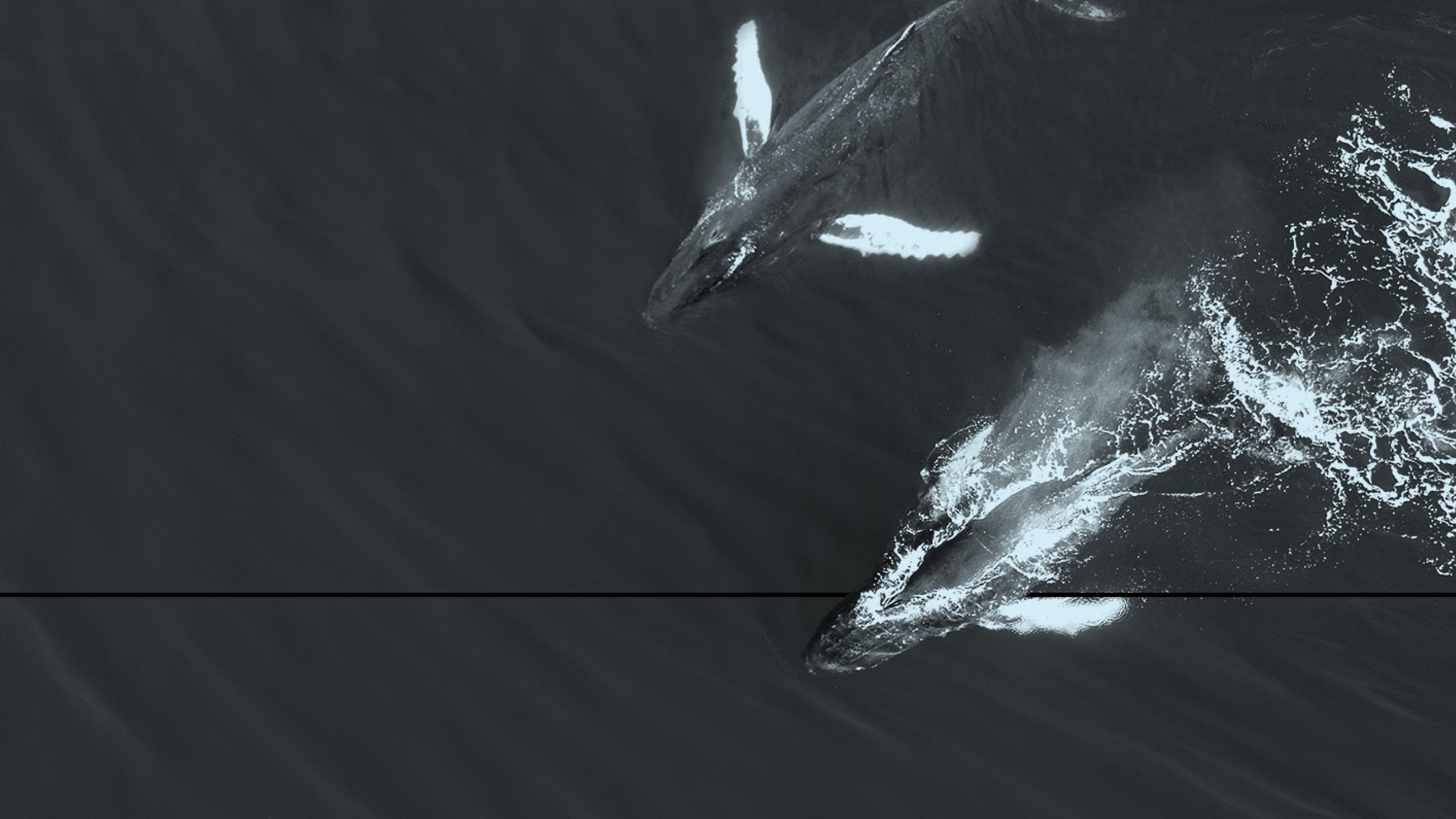Europe Prepares
for SPAC Surge

Special Purpose Acquisition Companies, more commonly known by the acronym SPACs, have emerged as one of the hottest market trends of the last year. New vehicles led by fund managers, former CEOs, and even celebrities have gathered large reserves in U.S.-listed cash shells for as-yet-unidentified acquisitions. The sheer weight of capital and investor interest is beginning to drive activity in Europe, with financial centres including Amsterdam and London positioning themselves to capture the emerging trade.
Record-breaking U.S. Issuance Accelerates
To date, SPACs have been a largely U.S. phenomenon. Last year, 248 U.S. vehicles raised over $83 billion, more than six times the record set in the previous year, according to data from SPAC Insider. Far from slowing down, that activity has accelerated in 2021, with almost $86 billion raised by 264 SPAC listings by mid-March.
The frenzy has been compounded by celebrity associations, including SPACs advised and supported by the likes of rapper Jay-Z and former basketball star Shaquille O’Neal, which have targeted acquisitions in legal cannabis and fitness respectively. The development led the Securities and Exchange Commission (SEC) to issue a warning that the involvement of famous names in a SPAC does not mean that it is appropriate for all investors, or indeed that it will be a good investment{{1}}{{{The SEC says never invest in a SPAC based solely on a celebrity’s involvement</br>Source: CNBC}}}.

True Attractions for Institutional Investors
The real attraction of the SPAC for institutions is not celebrity endorsement, but rather the favourable economics for early investors. Investors buying into a SPAC IPO at the set $10 entry price get both shares in the blank cheque vehicle, as well as warrants to buy shares later. With widespread investor appetite, many vehicles are trading strongly above this entry valuation before they even identify targets or when rumours of acquisition targets emerge. Churchill Capital IV, the latest SPAC launched by ex-Citigroup banker Michael Klein, spiked at almost $60 a share on rumours that it was seeking a deal with electric vehicle maker Lucid Motors{{2}}{{{SPAC Investors Are Ignoring This Hidden Danger -- and It Could Cost Them a Boatload of Money</br>Source: The Motley Fool}}} – later falling back on the announcement of the merger at a $24 billion valuation.
Initial investors can sell their shares before the merger into potentially buoyant markets. At the same time, they can retain their warrants to buy shares at a favourable price in the future, or else sell those warrants, crystallising attractive returns before the SPAC deal is concluded. If the SPAC fails to find a target within two years, the vehicle is liquidated and all money is returned. For investors coming in later, the risks are higher. Should they buy at a higher price and the deal fails to materialise, then they are still refunded at the $10 issue price, losing the premium that they paid. And if a deal is concluded, those investors are exposed to all the potential profits and losses of the investee company – and ultimately the valuation at which the deal was struck. While market euphoria may sustain a high valuation on listing, the realities of a company’s financial performance, now subject to public disclosure and analyst scrutiny, will come into play sooner or later.

SPACs Take Off in Europe
Despite early scepticism, SPAC issuance has begun to emerge in Europe in 2021. Among the recent offerings, UniCredit bank CEO Jean-Pierre Mustier teamed up with LVMH founder Bernard Arnault and Tikehau Capital in February for a SPAC targeting deals in the financial services sector{{3}}{{{Europe's richest man is joining the SPAC craze</br>Source: CNN Business}}}. It was followed by the IPO of a SPAC vehicle in March led by the former Commerzbank CEO Martin Blessing targeting fintech{{4}}{{{Former Commerzbank CEO launches fintech SPAC in Amsterdam</br>Source: Reuters}}}. Both SPACs have chosen Amsterdam for its flexible listing rules. Meanwhile, Klaus Hommels, founder of VC firm Lakestar, chose Frankfurt for his first blank cheque company{{5}}{{{Frankfurt lands first US-style Spac launch with Klaus Hommels’ Lakestar</br>Source: Financial News}}}.
In contrast to more flexible regimes on the continent, UK market rules require vehicles to suspend trading when a target is identified, thereby preventing SPAC shareholders from withdrawing or selling prior to the target merger, frustrating one of the key attractions of a SPAC from the perspective of an investor. Lord Hill’s UK Listings Review, commissioned by the government and released in March, has called for rules to be relaxed to allow investors to redeem their investments before the completion of a SPAC merger.

Attractions for Companies and Sponsors
The rise of well-capitalised blank cheque vehicles provides a new exit option for sponsors. Firms that have typically chosen between a sale or traditional IPO can find attractive valuations via SPAC deals. Israeli online trading platform eToro, backed by investors including Commerzbank’s VC fund and Chinese insurer Ping An, in March announced its intention to go public via a $10.4 billion U.S. SPAC deal{{6}}{{{Online broker eToro in $10 billion deal to go public with Spac</br>Source: Financial Times}}}, just a couple of months after it was reported to be considering a $5 billion IPO.
For companies, SPAC deals negate the need for detailed and costly IPO prospectuses, or drumming up investors via international roadshows. The provide a less onerous, shorter, and potentially cheaper, route to listing. These attractions may be particularly persuasive in jurisdictions where domestic stock exchanges provide more limited liquidity. India’s ReNew Power recently entered into a definitive agreement to combine with a SPAC vehicle to achieve a listing on NASDAQ, marking a new development in the SPAC evolution that looks set to continue.

Potential Competition for Private Equity Deals
The deployment of billions of dollars in SPACs does raise the potential of more competition for exit pathways for asset owners. In its 2021 private equity report, consultant Bain & Co. adds SPACs to its calculations for global dry powder, arriving at a total of over $1 trillion for buyouts and SPACs combined{{7}}{{{Global Private Equity Report 2021</br>Source: Bain & Company}}}. In time, it believes that may lead to more competition for private equity, particularly in attractive sectors like technology{{8}}{{{Why PE firms targeting tech buyouts could face competition from SPACs</br>Source: Pitchbook}}}.
Given the relatively small amount of SPAC capital raised that is targeting Europe, the competitive threat to sponsors is relatively low. SPACs are more likely to be hunting for maturing start-ups for which the most natural exit alternative is a traditional IPO, rather than private equity buyout. For the time being, the potential of SPACs as another exit pathway for private equity and portfolio companies outweighs any possible negatives from competition on the buy-side.
Michael J. Preston
Partner
London
T: +44 20 7614 2255
mpreston@cgsh.com
V-Card
Gabriele Antonazzo
Partner
London
T: +44 20 7614 2353
gantonazzo@cgsh.com
V-Card
Michael James
Partner




